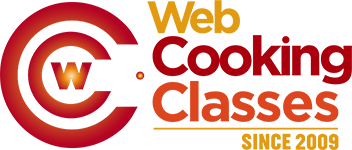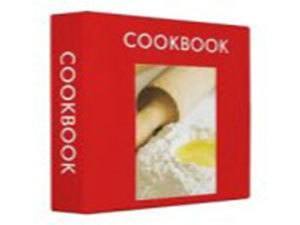“Burn Your Recipes”, “cook by method over recipes”, “a recipe is one person’s opinion”, “following recipes is not fun”, are all things you might have heard me say over the past two years. You won’t find any of those phrases in a great cookbook. You know my position on recipes, those strict set of instructions you must follow or face failure, they often don’t work.
Recipes are inherently flawed because of the many variables that go into cookbook cooking. Everyone’s stoves are slightly different. Gas stoves will heat differently than electric stoves, aluminum pans will heat differently than stainless steel, chicken breasts are varied thicknesses and so on. Recipes should not be the crutch that the home cook uses to place blame on their own cooking. “It didn’t come out right, but I followed the recipe exactly,” they say.
After teaching thousands of people to cook without written instructions, I’ve found that cooking isn’t the problem for home cooks. Following recipes is the problem with cookbook cooking. An amazing transformation occurs when people are given “permission” to cook from their own desires and interpretations rather than following a cookbook. They suddenly discover that they can cook. It’s the recipes that make it confusing.
Is this to say that I don’t own a single cookbook? Certainly not, I own many. Recipes are excellent for getting ideas on seasoning, ingredient combinations, reviewing methods, and recording this for someone else to try to follow. I just wouldn’t call the books in my kitchen “recipe books”. I call them “cookbooks” because quite often, they don’t contain recipes.
What’s a great cookbook to me? A great cookbook is one that imparts more knowledge than instructions. A cookbook should be a book that teaches you how to cook, or adds basic information to your cooking skills. From there, you can write your own recipes.
The best cookbooks to me are narrowly targeted. They concentrate on regional cooking styles, are exclusively about a specific topic like sauces, or are simply reference manuals for the vocabulary of cooking.
Even after holding top level Executive Chef positions at very large institutions, cooking for thousands daily, there’s still rarely a day I don’t learn something new about cooking. This new knowledge mostly comes from the types of reference books I mention above, but also by the exciting process of trying something new on my own, without having to refer to a book. You learn by doing, correcting, and doing again. Cooking is an art form that is difficult to learn just by following someone else’s recipe creation.
Tomorrow, we’ll peak into the cabinet that holds the few great cookbooks that I own, and why they deserve to be there.
Cook like a chef at home in 16 weeks, guaranteed with my online cooking classes.


